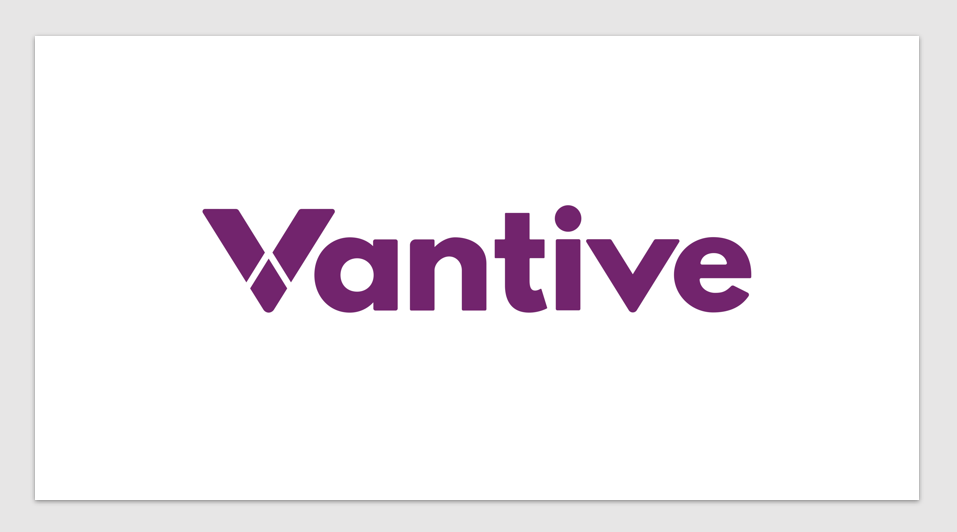Digital & Innovation
Applications of artificial intelligence in radiotherapy – early adopters in Australia
At the recent Demystifying AI, machine learning and robotics in healthcare conference, Dr Jeremy Booth (Director of Medical Physics at the Northern Sydney Cancer Centre), discussed the innovative applications of artificial intelligence (AI) applied in radiotherapy to boost accuracy and efficiency in managing cancer patients.
Clinical trials have been the core component of improving practice in medicine for quite some time. Phase III clinical trials have been seen as the benchmark. Amongst cancer patients only about 3% are enrolled in clinical trials. The outcomes of clinical trials can take 10 years, with a 15+ year cycle around the implementation of new experiences and new techniques in to clinical practice.
Broadly across the community clinicians want to be able to translate new knowledge into clinical practice much more quickly. There is the concept of deploying big data in a rapid healthcare learning system. The rapid learning system includes data collection, training models, applying and fine tuning the models. This cycle helps to assist with the improvement of practice in a much more rapid way.
There are AI and machine learning examples emerging in the literature. In 2017 researchers in Stanford used a deep learning algorithm to detect pneumonia from chest x rays. CheXNet inputs a chest X-ray image and outputs the probability of pneumonia along with a heatmap localising the areas of the image most indicative of pneumonia. The AI model outperformed the average radiologist performance on the pneumonia detection task.
The consensus emerging through the radiotherapy communities is around the decision support systems using AI and machine learning to improve consistency, quality and efficiency. In a further example, the team from the same research group, used algorithms to detect the two years survival for lung cancer patients after receiving radiotherapy. The AI model outperformed the average radiologist performance once again.
Radiotherapy in practice
Radiotherapy is the treatment for 40 to 60% of cancer patients in Australia. Importantly, it is embedded with advanced technology and highly trained staff.
Dr Booth explored the impact of AI in the role of tumour segmentation and contouring prior to applying radiation therapy. Tumour proximity to critical structures and organs demand accuracy in tumour delineation to avoid toxicities from radiation therapy, however, tumour target contouring is labour intensive and highly variable among radiation oncologists.
Lin et al 2019 aimed to construct and validate an AI contouring tool to automate primary gross tumour volume (GTV) contouring in patients with nasopharyngeal carcinoma (NPC). AI-generated contours demonstrated a high level of accuracy when compared with ground truth contours completed by radiation oncologists. AI assistance improved contouring accuracy (P < .001), reduced intra- and interobserver variation and reduced contouring time by 39.4%. The AI contouring tool improved primary gross tumour contouring accuracy of nasopharyngeal carcinoma, which could have a positive impact on tumour control and patient survival.
Knowledge-based planning
Knowledge-based planning can achieve radiotherapy plans that are superior in accuracy and time compared to humans alone. Dr Booth and colleagues have been early adopters using a product by Varian Medical Systems called Rapid Plan to create consistent, efficient, higher quality plans for individualised radiation treatment planning. They created AI models across 30 different tumour sites. With increasing expertise, 90% of the machine-created high quality radiotherapy plans are approved for treatment by radiation oncologists. The remaining 10% often need one more iteration through the system and then they are approved. The time saving is enormous – about 90% improvement in the time to plan a treatment.
Adaptive Radiotherapy
If radiation therapists are acquiring a CT scan in the simulation process, and it’s taking up to four weeks until that patient starts treatment, how accurate are the contours? How well does one know the shapes of the tumour at the time? The radiation therapy planning process innately ages each plan because the plan is based on the CT scan that was taken four weeks ago. But if one can plan these cases in minutes or seconds, then the planning may occur when the patient arrives for treatment. That is the concept of adaptive radiotherapy. There are clinical trials ongoing to investigate whether this will make a difference to the patient outcomes.
Vision for the future
Dr Booth is optimistic about the future of AI driven adaptive radiotherapy.
The short-term potential may be planning the patients on the treatment couch and needing less effort in stabilising the patient.
Looking into the into the future, medium term potential of adaptive radiotherapy with AI driving it “…might be to manage the treatment solely at the point of care at the treatment device. So maybe we could eliminate the pre-planning step to an online system. Maybe the patient will come and see the doctor. They’ll have a prescription and they’ll walk straight down to their treatment, just like every other specialty. I call this dispensing radiation therapy.”
There has been a broad and rapid implementation of AI in radiotherapy. There is potential for improved outcomes and convenience for patients. There is clear potential for quality and efficiency gains for staff, particularly in the areas of segmentation, planning and quality assurance. In 5-10 years AI assisted daily planning will be standard of care in radiotherapy. Looking further beyond the 10 year horizon there may be improvements in access and quality outcomes towards this concept of dispensing of radiotherapy similar to other areas in medicine.
You may also like mHealth proves better at medication adherence
News & Trends - MedTech & Diagnostics

Parliament passes lung cancer legislation
MedTech & Diagnostics News: Lung cancer is the leading cause of cancer death and is responsible for almost one in […]
MoreNews & Trends - Pharmaceuticals

Senator Ruston criticises Budget’s lack of ‘real seamanship’ in tackling pressing healthcare challenges
Pharma News: Senator Anne Ruston, Shadow Health Minister, was warmly welcomed at the Post-Budget event held in Parliament House yesterday […]
MoreNews & Trends - MedTech & Diagnostics

Baxter announces branding for spin-off kidney care business
MedTech & Diagnostics News: Baxter has unveiled the mission and logo for its forthcoming kidney care and acute therapies company, […]
More